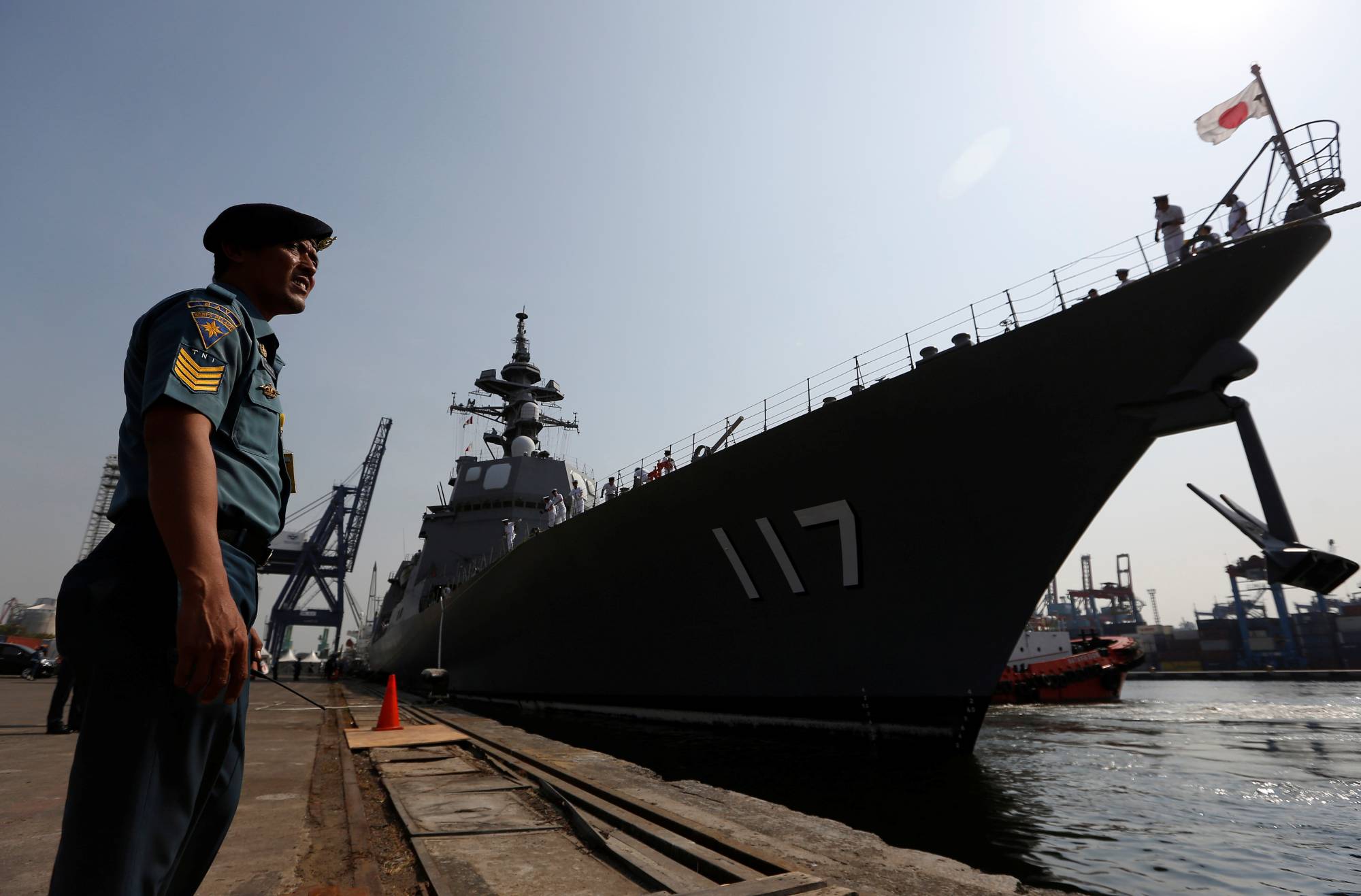Last week, Japan played host to a meeting of the foreign ministers from Japan, Australia, India and the United States. The purpose of the “Quad” meeting was to assess how to reinforce the rules-based international order and move jointly towards securing a “free and open Indo-Pacific.” Per the norm following any of these sorts of Quad-related meetings, a debate emerged surrounding the utility of such a security relationship. Is it futile for Japan to be pursuing this? Could the world be seeing the underpinnings of a new NATO-like alliance in Asia? What can Japan’s role even be in such a security arrangement?
Those are all valid questions related to the Quad and indeed all of Japan's prospective security relationships as the country seeks to find its place in global security during the Reiwa Era. Those questions are not easy to answer either, especially given the country’s unique constitutional provisions that limit just how far it can cooperate with any prospective ally. The questions are, however, possible to answer if one understands how to examine Japan’s security relationships in the first place.
The first step is to recognize Japan's limitations as a security partner. The government's Article 9-related policies prohibit the Self-Defense Force from joining combined military commands (like NATO), limit the geographic reach and legal employability of the nation’s military capabilities, and restrict the scope of its ability to exercise collective self defense. The lattermost condition means that Japan is unable to enter a mutual defense pact that so commonly underwrites alliance relationships.



















With your current subscription plan you can comment on stories. However, before writing your first comment, please create a display name in the Profile section of your subscriber account page.